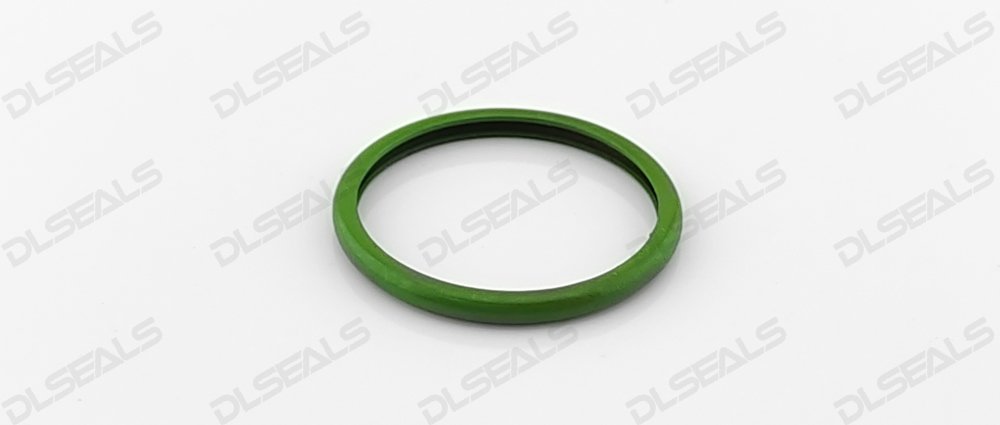Metal seals play a pivotal role in modern engineering endeavors, facilitating seamless operations and ensuring efficiency across a spectrum of industries. From aerospace to automotive, and from oil and gas to electronics, these seals are the unsung heroes that keep machinery running smoothly. In this article, we delve into the significance of metal seals in cutting-edge engineering projects, exploring their applications, benefits, and why they are indispensable in today’s technological landscape.
The Importance of Metal Seals in Engineering:
Metal seals are integral components in engineering applications where high pressure, extreme temperatures, and corrosive environments are commonplace. Their robust construction and superior sealing capabilities make them ideal for critical applications where reliability is paramount. Whether it’s sealing joints in aircraft engines, high-performance automotive systems, or industrial machinery, metal seals provide the durability and resilience needed to withstand demanding conditions.
Applications Across Industries:
The versatility of metal seals lends itself to a wide range of industries and applications. In aerospace and defense, metal seals are utilized in hydraulic systems, fuel cells, and engine components, where failure is not an option. In the automotive sector, they play a crucial role in sealing engines, transmissions, and exhaust systems, ensuring optimal performance and emissions compliance. Moreover, in the oil and gas industry, metal seals are employed in drilling equipment, pipelines, and valves, where they must withstand harsh operating conditions and prevent leaks.
Advantages of Metal Seals:
Metal seals offer several distinct advantages over traditional sealing methods. Their ability to maintain a leak-free seal under high pressures and temperatures makes them superior choices for critical applications. Additionally, metal seals exhibit excellent chemical resistance, ensuring compatibility with a wide range of fluids and gases. Their long service life and minimal maintenance requirements further contribute to cost savings and operational efficiency.
Innovation and Future Trends:
As engineering technologies continue to advance, so too does the evolution of metal seals. Ongoing research and development efforts are focused on enhancing seal performance, expanding material capabilities, and improving manufacturing processes. From innovative alloy compositions to advanced sealing geometries, the future of metal seals holds promise for even greater reliability and efficiency in engineering applications.
Conclusion:
In conclusion, metal seals are indispensable components in cutting-edge engineering projects, offering unparalleled sealing performance and reliability across diverse industries. From aerospace and automotive to oil and gas and beyond, these seals play a vital role in ensuring the smooth and efficient operation of machinery and systems. As technology advances, the potential of metal seals will continue to unlock new possibilities and drive innovation in engineering applications worldwide.
Post time: May-11-2024

